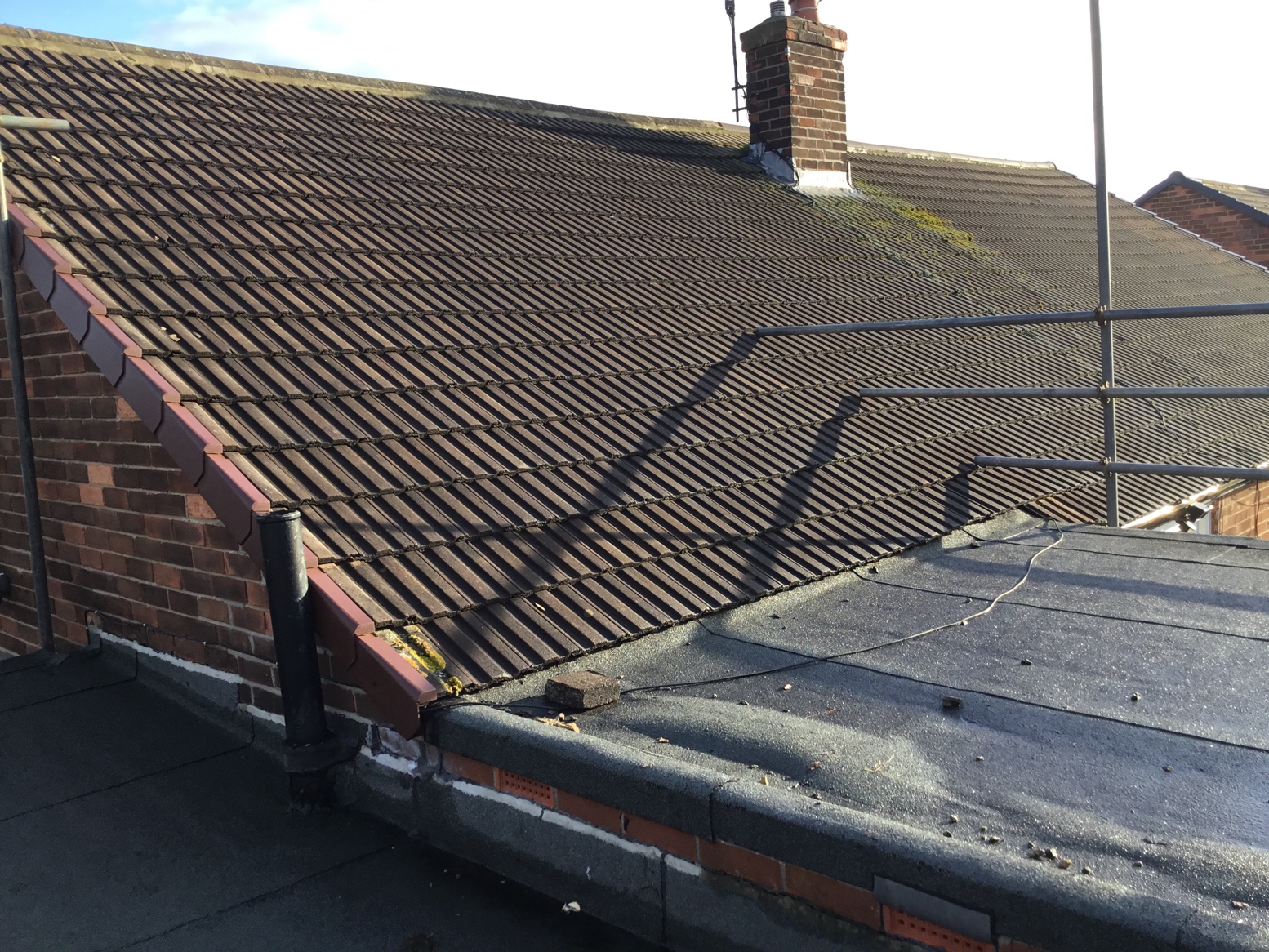House; the place where we want to feel safe and secured ensuring every possible comfort. Imagine what if you live in such an area where power outage is a very general issue? Or what if the storm is a regular occurrence causing power interruption? A power outage can also be caused if the transformer of your area blows out suddenly. Employing a whole house generator can be your support in such situations providing you with backups when there is any unwanted power cut. But being the owner of the house, you may be in a dilemma whether you should get a whole house generator as it might be difficult for you to understand whether installing such a system will be able to add worth to your property. Well, the installation process and the expense may indeed be high. But think about the convenience that it offers you and your people. A whole home generator is a precious asset for your house as it provides you with the assurance that the residence will not be in darkness, and all the systems will run properly in case the grid fails to give you the required supply of power. Well, it is 2020, and the uninterrupted power supply is the first and foremost demand of the day.
Does a Complete Home Generator Add Value to Your Property?
If you are thinking of the fact whether investing in a whole-home generator will improve the financial worth of your house or not, let me clear the case. The answer would solely be, yes, such a generator will surely boost the value of your home. A survey based on the consumers says that introducing a whole home generator will raise the worth of your existing property by a maximum of five percent if the installation process is accurate.
One very important part to consider is that you cannot install a whole house generator by yourself. It is obviously not a DIY scheme. The installation process must be done by verified professionals and workers and needs to be placed lastingly in your lawn on a rigid cement base. Whole house generators run by liquid propane diesel or natural gas and are to be combined with the electrical equipment of your house.
The installation method is quite complicated and needs to maintain a precise outline. You need to get the generator authorized first as without approval, it will be considered as a breaking of DOB. You may face fines leading to the elimination of the generator.
How a Whole House Generator Works?
Generators were invented for machinery and industrial purposes. But over time, it has become an indispensable part of providing backups when there is a power interruption due to any emergency, excessive load on the grid, or natural causes. Power cut not only keeps you in darkness, but it also causes the loss of heating or cooling system, life support system, refrigeration, and even more.
When you install a standby generator, it can connect with the electrical system of your house with a transfer switch within the blink of an eye and supply electricity that the appliances need to run. Then when the power is reinstated, the generator gets disconnected from the electrical system, and the system is connected to the grid supply automatically. Such features make the generator a precious asset for the house that needs an uninterrupted power supply for medical issues, and many more.
The Real Value: Ensures Peace of Mind
Many house owners do not only install a whole house generator only for investment purposes. By installing generators, they want to ensure the safety and peace of mind that their families will not be in darkness during a power outage.
Sometimes natural disasters cause days-long power cuts. The refrigeration stops rotting the food, and all the comfort devices come to a standstill. A whole home generator will be your help. Isn’t it more than a way of investment or increasing the value of your property?
Other Benefits of Whole House Generators
Undoubtedly, a whole house generator gives you immense peace of mind. The other benefits are:
Ensures Safety
The best part of a whole house generator is that it does not release any harmful chemicals: carbon dioxide, carbon monoxide, and others. So it is also safe for the ecosystem and your family.
The maintenance and handling of it are also more easygoing compared to portable generators. So you are secured using it.
Efficiency
If supplied by the adequate fuel, a whole house generator can run for a long time without any interruption. One of the marvelous specialties of a whole home generator is that you can use it only to use specific pieces of equipment, like air conditioning systems, HVAC, etc.
Cost-Effective
You indeed have to spend a handsome amount on buying and installing a whole house generator. But you only have to invest for one time, and you do not need to pay much for the maintenance. Again, think about the comfort it provides you with during any power failure. It puts your electrical appliances, HVAC system, and anti-theft alarms working. Do you not consider it cost-effective?
Automatic Service
As already said, when the main power fails, the whole house generator automatically gets connected to the power system of the home and disconnected when the grid power is restored. So you do not have to worry about connecting or disconnecting the generator based on the grid.
One significant feature of a whole house generator is that it does not immediately get disconnected and lets the electrical system of the house connect to the utility. Preferably, it persists working until the grid voltage becomes stabilized. Thus the surge voltage cannot cause any harm to the expensive home appliances.
Installing a whole house generator is undoubtedly a fabulous investment for the homeowners to ensure the comfort, safety, and convenience to the family. It obviously adds value to your existing property and is a must to run the activities correctly. Think once, will you be able to live like a savage without electricity for long when in 2020, every activity of our modern life depends on the uninterrupted power supply?




 POSTED BY
POSTED BY 

